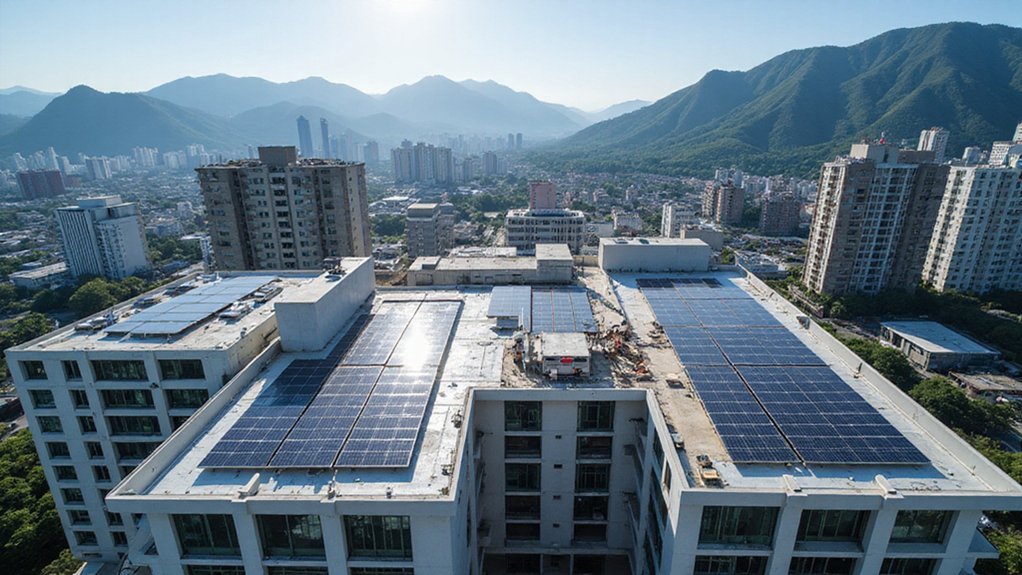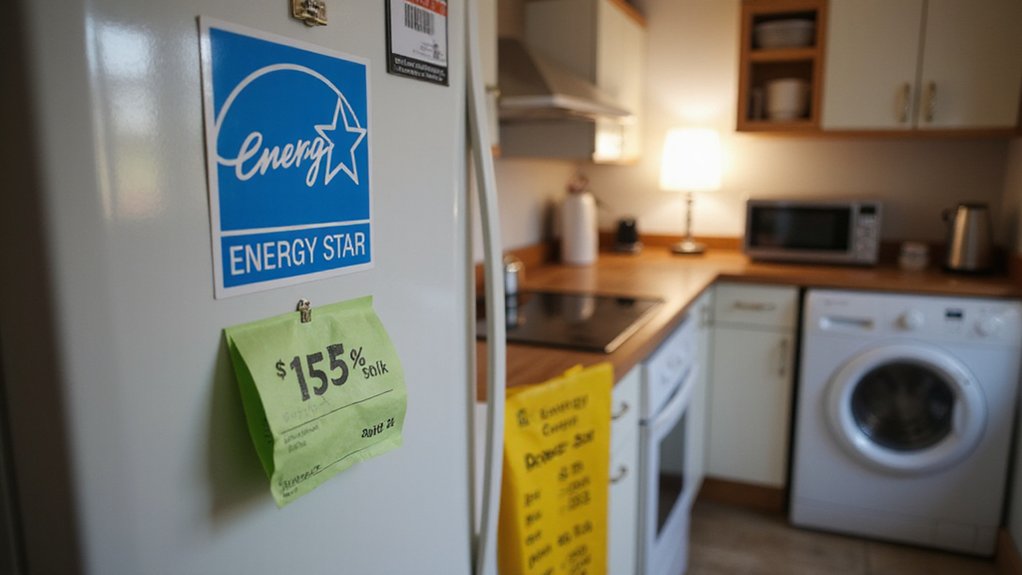Taiwan has taken a bold step in its clean energy shift. The island nation now requires all new large buildings to generate solar power. This rule mandates 1 kW of solar capacity for every 20 square meters of construction. It’s part of Taiwan’s larger plan to reach 20GW of solar installations by 2025. Officials believe this will greatly boost renewable energy production while moving toward the country’s 2050 zero emissions goal. What challenges might this create for developers?
Taiwan is taking bold steps to boost its solar power capacity through new building requirements and financial incentives. The Ministry of Interior recently released a draft regulation that will require most new, expanded, or renovated buildings to install solar panels. This mandate, announced in February 2025, applies to larger buildings and is part of Taiwan’s effort to increase renewable energy use.
Under the new rules, buildings must install at least 1 kW of solar capacity for every 20 square meters of floor area. Buildings used for religious or funeral purposes, as well as those storing hazardous materials, are exempt. Buildings with insufficient sunlight or technical limitations may also qualify for exemptions, pending verification. The draft regulation includes 10 comprehensive sections covering system sizing, technical requirements, and safety standards for implementation.
Taiwan’s solar mandate requires 1 kW per 20 square meters, with exemptions for religious buildings, hazardous storage, and locations with poor sunlight.
To support residential solar adoption, Taiwan’s Executive Yuan has approved a subsidy program offering up to NT$300,000 (US$9,257) for rooftop solar panels on private homes. This program targets buildings with rooftop areas under 1,000 square meters and will provide NT$3,000 per kilowatt of installed capacity. The subsidy application requires only five required documents, including an application form and purchase receipt.
The four-year program runs from 2025 to 2028 with a budget of NT$4.08 billion. Taiwan currently has 13.82GW of solar photovoltaic installations and is on track to reach 20GW by 2025. The residential subsidy program is expected to generate NT$72 billion in additional solar investments and benefit around 120,000 households.
It’s projected to increase power generation by 1.2 gigawatts. The government offers additional incentives through feed-in-tariff rates, with rooftop systems receiving NT$5.7 per kilowatt-hour compared to NT$3.7 for ground-based systems. Homeowners can expect these systems to last 25 to 30 years with proper maintenance, similar to installations in other countries. Solar installations can be mounted on rooftops, awnings, or ground-level infrastructure.
These initiatives support Taiwan’s ambitious goal of achieving zero emissions by 2050. Local governments will manage the residential program’s application process, making it easier for residents to participate. By focusing on both mandatory requirements for large buildings and incentives for homeowners, Taiwan’s approach aims to rapidly expand solar power across different sectors of society.
References
- https://www.pv-magazine.com/2025/05/02/taiwan-proposes-mandatory-solar-standards-for-new-expanded-buildings/
- https://focustaiwan.tw/business/202412050010
- https://english.ey.gov.tw/PageRedirect.aspx?l=1e559577-3e1f-450b-b761-d08d4224b191
- https://resourcehub.bakermckenzie.com/en/resources/global-sustainable-buildings/asia-pacific/taiwan/topics/renewable-energy
- https://www.taipeitimes.com/News/taiwan/archives/2024/12/05/2003828024









